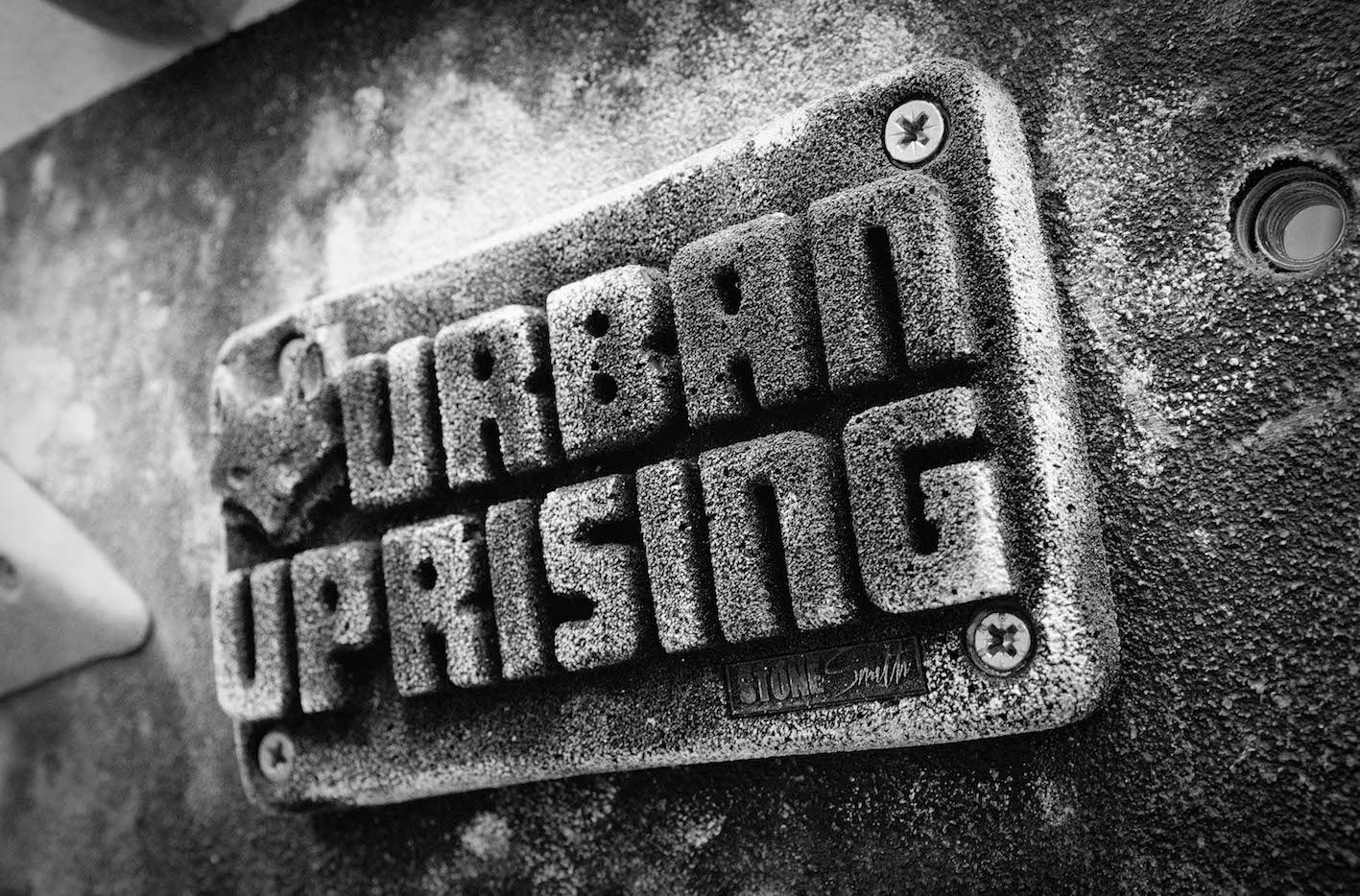Climbing, altruism and human survival
- Tom Ray

- Jan 28, 2020
- 4 min read
We’ve all seen articles about how climbing is good for your well being, but why is this? In this article, we take a look at research to help us understand what is going on in your brain when you climb and how Urban Uprising can triple the hit.

Hit #1: What happens in your brain when you climb?
Climbing and bouldering involves completing problems, routes, and individual moves, and each time you achieve such a ‘goal’, your brain releases dopamine. Dopamine is a neurotransmitter that helps control the brain's reward and pleasure centres. It also helps regulate movement and emotional response, and it enables us not only to see rewards, but to take action to move towards them. It’s a great drug that makes us all feel happy. We like the way this makes us feel so we seek more rewards, and the more we are rewarded, the more our dopamine levels increase. Thus sending or completing a route or move increases dopamine and then fuels the urge to do it again.
In an over-simplification, dopamine is central to generating the feeling of pleasure. It serves a biological function to get us to repeat actions that are, hopefully, good for us, e.g. sex for reproduction, eating or accomplishing a task for survival.
Climbing and bouldering also raises your heart rate, which stimulates the production of endorphins. Endorphins are morphine-based pain relievers, and just like when you take morphine, they can make you feel dreamy and pain-free. Furthermore, sports involving an element of fear cause the brain to release higher doses of endorphins, dopamine, and norepinephrine, making the body feel a whole new level of excitement. Thus the scarier the sport is, the more addictive it can be. That’s why it’s so easy to get hooked on climbing despite a fear of heights, and even if you are not bothered by heights, you may well have felt the fear of falling.
Hit #2: What happens when you help others?

Urban Uprising relies on the generosity of donors and volunteers, all wanting to help others to benefit from our unique climbing programme. We currently have 54 active volunteers, yet we are only a very small charity. This is particularly significant when you understand that 54 is also the average number of volunteers across all charities in Scotland. Why do we have such a high number of volunteers? It could be that people want to be involved in climbing because it’s popularity is currently surging, but that doesn’t really explain the correlation between climbing for yourself and helping others to access climbing... Again, if we look at what is going on in the brain, there are some interesting similarities with what happens when you climb.
Research shows that when individuals are altruistic, the brain’s mesolimbic system is activated. This system is part of the reward reinforcement system, which releases “feel-good” neurotransmitters such as oxytocin, serotonin and dopamine. These have a similar effect to dopamine as described in hit #1 above, but in this case, doing good makes you feel good. This is referred to by psychologists as “the helper’s high”, and by economists as a “warm-glow”. One study even showed that people’s body temperature goes up when they are helping others - quite literally a warm-glow!
In one study that compared giving versus receiving, participants were asked about various scenarios in which they either gave or received support. In a series of fMRI neuroimaging tests, the study found that giving ultimately had greater benefits than receiving. In other words, from an evolutionary perspective, our brains are hardwired to feel rewarded more for generosity and selflessness than for meanness and selfishness.
Hit #3: What happens when you share things with others?
Key findings from our volunteer applications show that 84% of our volunteers are climbers and 48% said they were passionate, loved, or obsessed about climbing. Furthermore, 82% wanted to help young people experience the benefits of climbing. These factors are very significant because the question was unprompted, i.e. they were not asked if they liked climbing or how much - they simply volunteered the information. We know that sharing can build trust and happiness, but what are the processes going on in your brain?
Sharing is another activity that causes the release of oxytocin, which specifically increases feelings of well-being. Oxytocin is known to relieve stress, improve immune function, and foster trust in human interactions, all of which contribute to greater well-being and happiness. In laboratory studies, it was found that a dose of oxytocin caused people to give more generously and to feel more empathy towards others, with “symptoms” lasting up to two hours. Furthermore, one study found that people were more likely to perform altruistic acts after observing another do the same. This sort of effect can ripple throughout the community, inspiring dozens of individuals to make a difference.
In conclusion, there will be hundreds of other reasons for why people climb, help others and share what they love, but when you consider the processes happening in the brain, Urban Uprising seems to be facilitating a triple hit of feel-good drugs for our supporters. These are all factors which are rooted in psychology and the reward reinforcement system - and ultimately, human survival.
To see the profile of our volunteers, see the infographic here.
To learn more about joining the team at Urban Uprising and explore opportunities, from volunteering in climbing sessions to helping in back office operations, contact Ben@urbanuprising.org or apply here.










Comments